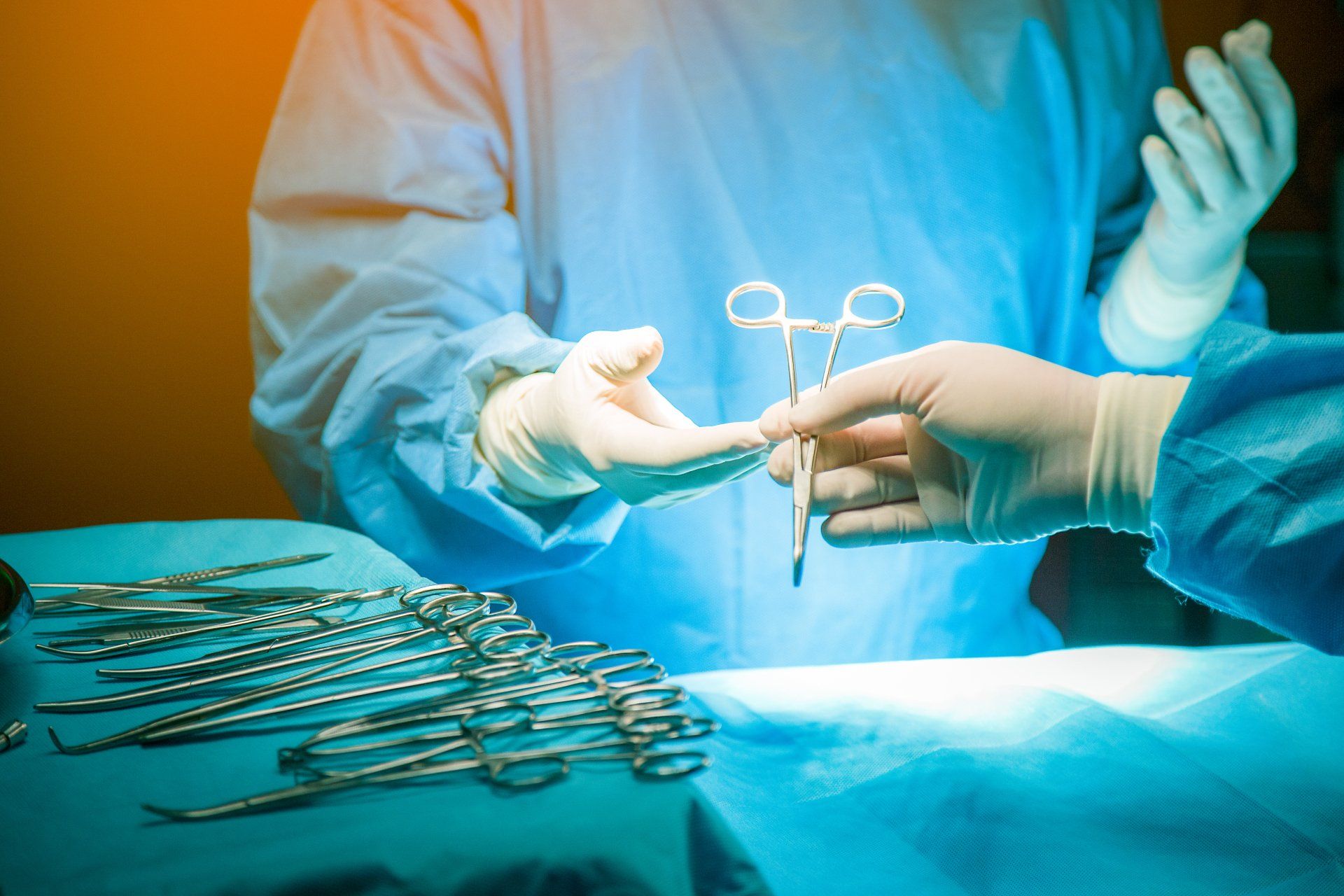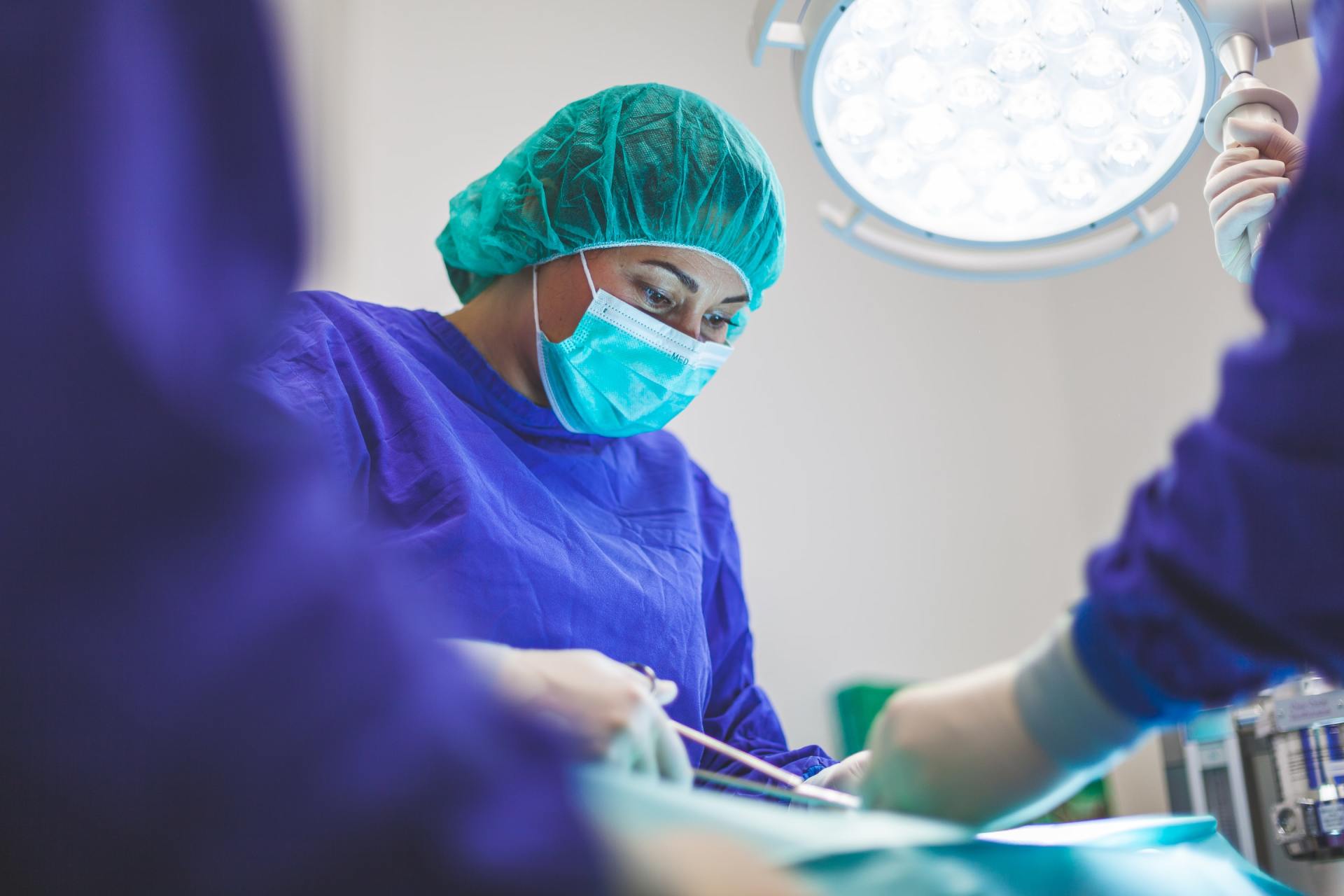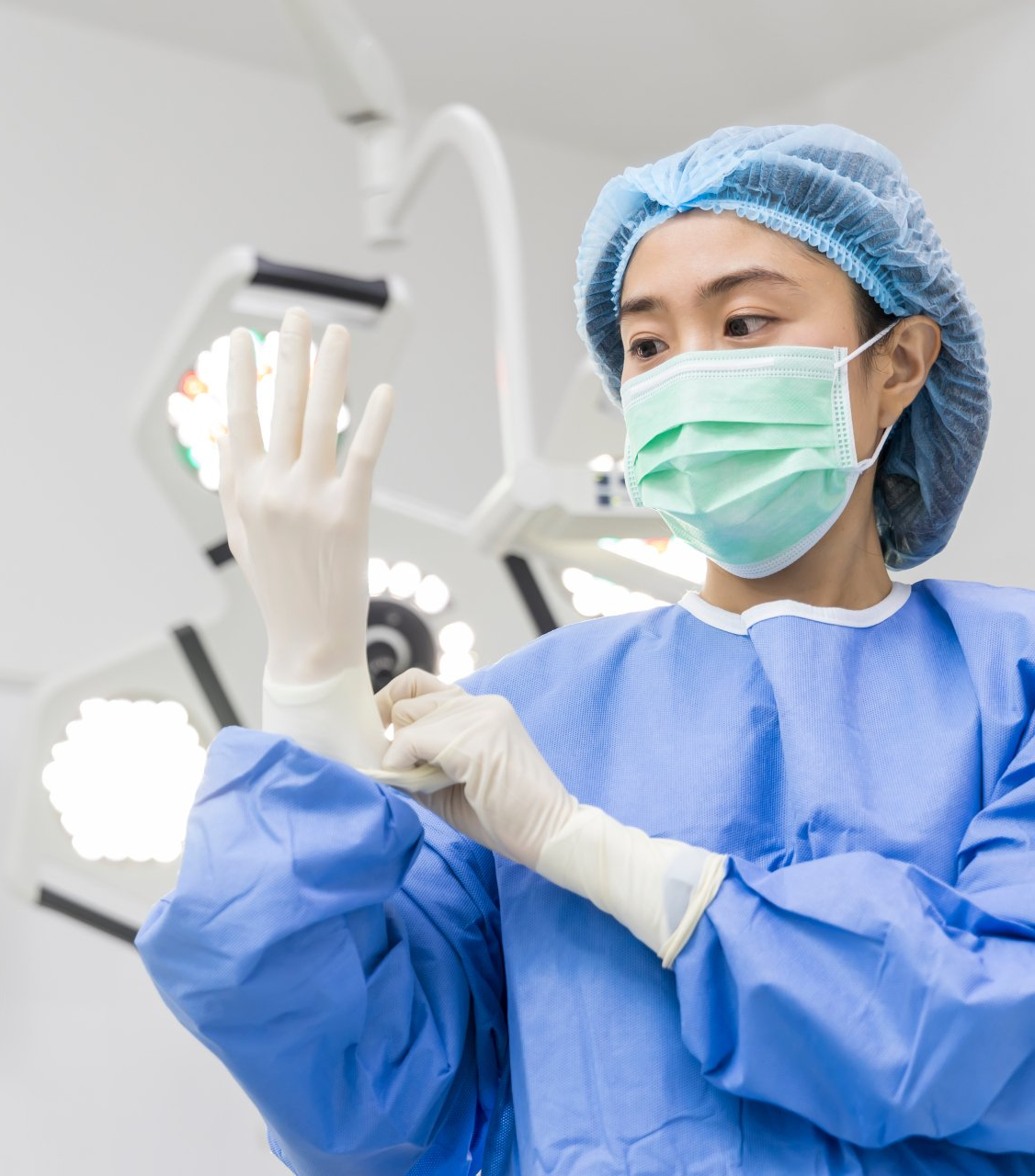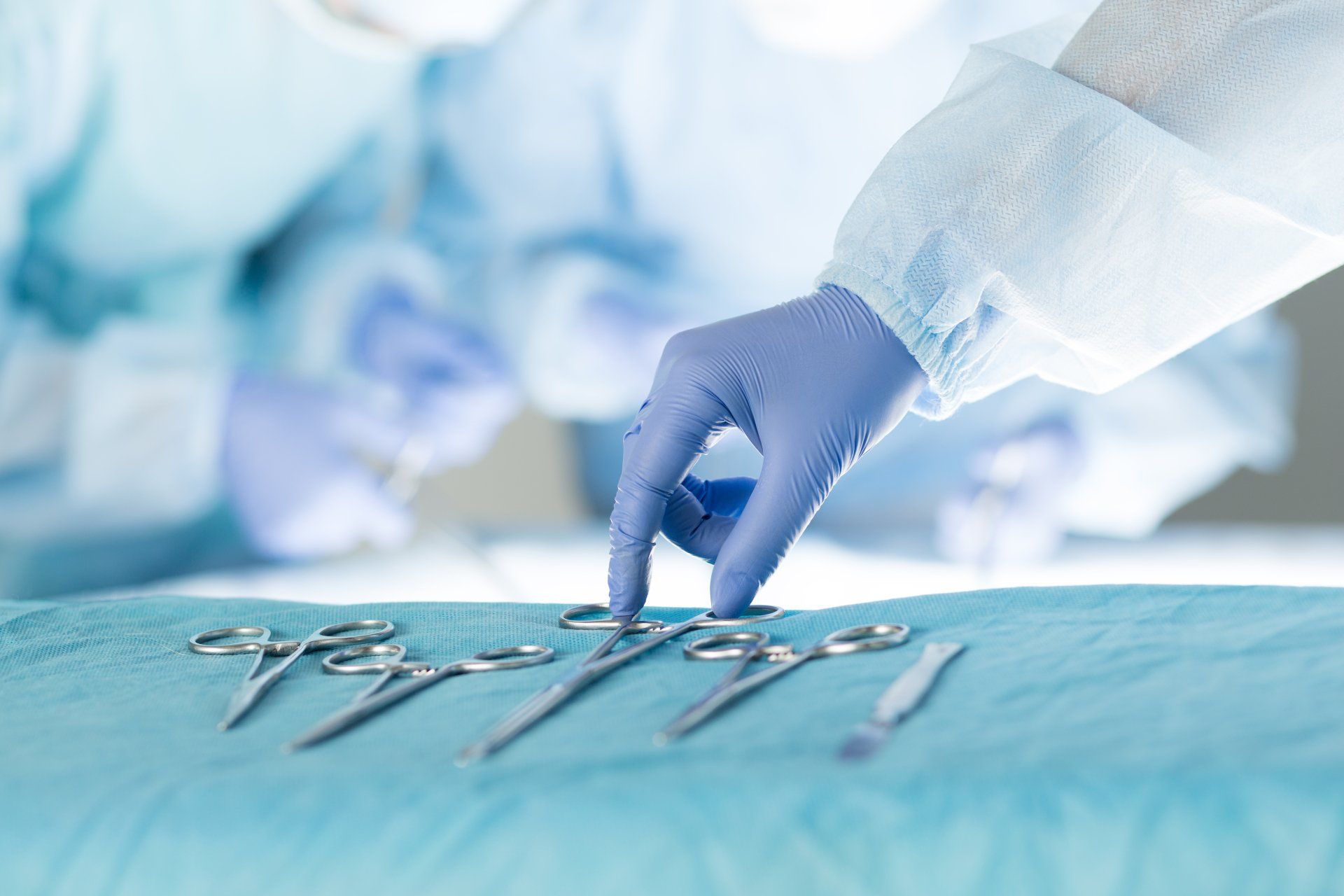Associate of Applied Science Degree Sterile Processing Technician (SPT) Program
The Sterile Processing Technician Program will provide students with entry-level training that will prepare them to function in the sterile processing and distribution areas of healthcare facilities. The program provides students with knowledge of surgical instruments, microbiology, medical equipment, surgical terminology, storage and distribution, as well as the skills required for sterilization and decontamination. Upon successful completion of this program, graduates will be eligible to take the Certified Registered Central Service Technician (CRCST) examination.





